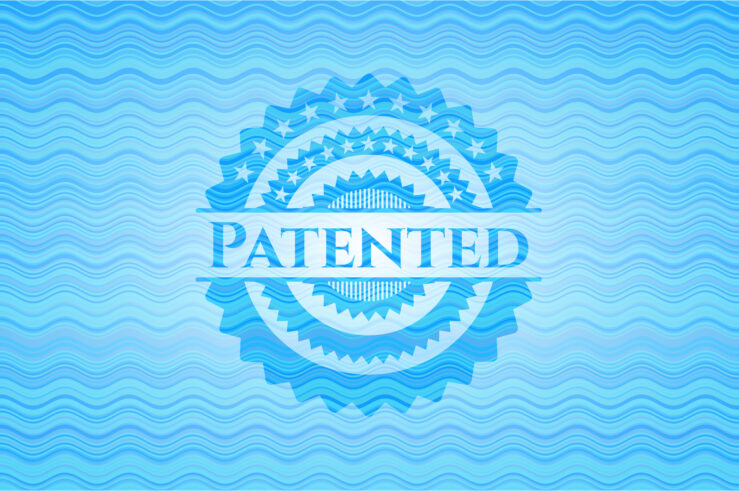Showing archive for: “Exclusionary Conduct”
What the European Commission’s More Interventionist Approach to Exclusionary Abuses Could Mean for EU Courts and for U.S. States
The European Commission on March 27 showered the public with a series of documents heralding a new, more interventionist approach to enforce Article 102 of the Treaty on the Functioning of the European Union (TFEU), which prohibits “abuses of dominance.” This new approach threatens more aggressive, less economically sound enforcement of single-firm conduct in Europe. ... What the European Commission’s More Interventionist Approach to Exclusionary Abuses Could Mean for EU Courts and for U.S. States
Biweekly FTC Roundup: Throwing Stones in Glass Containers Edition
In February’s FTC roundup, I noted an op-ed in the Wall Street Journal in which Commissioner Christine Wilson announced her intent to resign from the Federal Trade Commission. Her departure, and her stated reasons therefore, were not encouraging for those of us who would prefer to see the FTC function as a stable, economically grounded, ... Biweekly FTC Roundup: Throwing Stones in Glass Containers Edition
Reining in Digital Competition to No Good End: Will AICOA and OAMA Rise from the Grave?
The 117th Congress closed out without a floor vote on either of the major pieces of antitrust legislation introduced in both chambers: the American Innovation and Choice Online Act (AICOA) and the Open Apps Market Act (OAMA). But it was evident at yesterday’s hearing of the Senate Judiciary Committee’s antitrust subcommittee that at least some ... Reining in Digital Competition to No Good End: Will AICOA and OAMA Rise from the Grave?
Killer Acquisition or Leveling Up: The Use of Mergers to Enter Adjacent Markets
In the world of video games, the process by which players train themselves or their characters in order to overcome a difficult “boss battle” is called “leveling up.” I find that the phrase also serves as a useful metaphor in the context of corporate mergers. Here, “leveling up” can be thought of as acquiring another ... Killer Acquisition or Leveling Up: The Use of Mergers to Enter Adjacent Markets
Why I’m a Skeptic of a Noncompete Ban
Under a recently proposed rule, the Federal Trade Commission (FTC) would ban the use of noncompete terms in employment agreements nationwide. Noncompetes are contracts that workers sign saying they agree to not work for the employer’s competitors for a certain period. The FTC’s rule would be a major policy change, regulating future contracts and retroactively ... Why I’m a Skeptic of a Noncompete Ban
Biweekly FTC Roundup: Highly Skilled Sandwich Maker Edition
Happy New Year? Right, Happy New Year! The big news from the Federal Trade Commission (FTC) is all about noncompetes. From what were once the realms of labor and contract law, noncompetes are terms in employment contracts that limit in various ways the ability of an employee to work at a competing firm after separation ... Biweekly FTC Roundup: Highly Skilled Sandwich Maker Edition
Patent Pools, Innovation, and Antitrust Policy
Late last month, 25 former judges and government officials, legal academics and economists who are experts in antitrust and intellectual property law submitted a letter to Assistant Attorney General Jonathan Kanter in support of the U.S. Justice Department’s (DOJ) July 2020 Avanci business-review letter (ABRL) dealing with patent pools. The pro-Avanci letter was offered in ... Patent Pools, Innovation, and Antitrust Policy
The FTC Knows It When It Sees It
When Congress created the Federal Trade Commission (FTC) in 1914, it charged the agency with condemning “unfair methods of competition.” That’s not the language Congress used in writing America’s primary antitrust statute, the Sherman Act, which prohibits “monopoliz[ation]” and “restraint[s] of trade.” Ever since, the question has lingered whether the FTC has the authority to ... The FTC Knows It When It Sees It
Lina Khan’s Christmas Wish Is To Have Margrethe Vestager’s Powers
Federal Trade Commission (FTC) Chair Lina Khan has just sent her holiday wishlist to Santa Claus. It comes in the form of a policy statement on unfair methods of competition (UMC) that the FTC approved last week by a 3-1 vote. If there’s anything to be gleaned from the document, it’s that Khan and the ... Lina Khan’s Christmas Wish Is To Have Margrethe Vestager’s Powers
FTC Biweekly UMC Roundup – Mountain of Puffery Edition
Research still matters, so I recommend video from the Federal Trade Commission’s 15th Annual Microeconomics Conference, if you’ve not already seen it. It’s a valuable event, and it’s part of the FTC’s still important statutory-research mission. It also reminds me that the FTC’s excellent, if somewhat diminished, Bureau of Economics still has no director; Marta ... FTC Biweekly UMC Roundup – Mountain of Puffery Edition
Price-Parity Clauses: The Good, The Bad, and the…Anticompetitive?
Price-parity clauses have, until recently, been little discussed in the academic vertical-price-restraints literature. Their growing importance, however, cannot be ignored, and common misconceptions around their use and implementation need to be addressed. While similar in nature to both resale price maintenance and most-favored-nations clauses, the special vertical relationship between sellers and the platform inherent in ... Price-Parity Clauses: The Good, The Bad, and the…Anticompetitive?
The Case Against Self-Preferencing as a New Antitrust Offense
The practice of so-called “self-preferencing” has come to embody the zeitgeist of competition policy for digital markets, as legislative initiatives are undertaken in jurisdictions around the world that to seek, in various ways, to constrain large digital platforms from granting favorable treatment to their own goods and services. The core concern cited by policymakers is ... The Case Against Self-Preferencing as a New Antitrust Offense
















